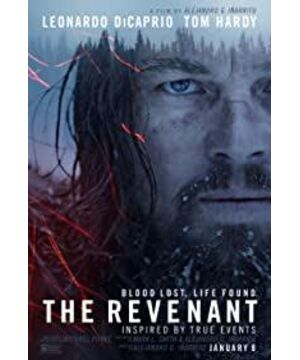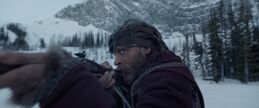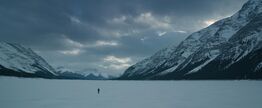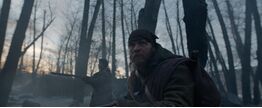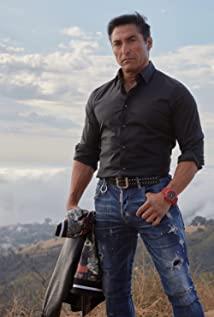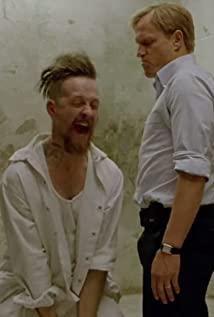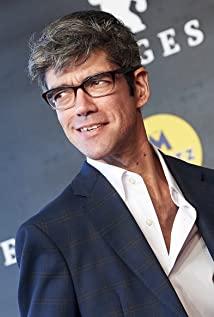The opening scene of "Wild Hunter" is destined to be extraordinary. This year’s 88th Academy Awards, it can be called the biggest winner, not only the director Alessandro Gonzalez Inarrido won the best director award for the film, the photographer Emmanuel Lubezki also performed a hat-trick and won the Best Photography Award three times in a row. The leading actor Leonardo DiCaprio was the first time that the film ended his 22-year Oscar running career. Won the best actor award of the award.
"Wild Hunter" has an epic original novel and story prototype. The film tells the story of a wild hunter who has come back from the dead to survive and revenge. The story takes place in the early nineteenth century, when some inland provinces in the United States were still in the fur trade era, and many people depended on hunting for their livelihoods. A hunter named Hugh Glass and his son were hired by the Rocky Mountain Fur Company to hunt in the Wild West. However, when he was out for reconnaissance, he encountered a grizzly bear and was attacked by a grizzly bear. He was seriously injured and almost died. After his misfortune, the hunting team decided to leave two teammates and his son to take care of him, and asked them to send him home. Unexpectedly, the two misbehaving men not only abandoned him halfway, but also killed his son and took away his belongings.
Fortunately, God bless, Hugh Glass did not die. Creeping in the jungles of the western United States, sometimes with squally wind and sometimes heavy snow, Hugh Glass, who was dying, tried his best to support him, but he knew that he would live no matter what. To live, to avenge his children, to avenge himself, the seeds of hatred took root in his heart and quickly grew into a towering tree. After the jungle, it was sometimes cold and glacial, sometimes icy and snowy, and was besieged by robbers. The Indians he encountered had no good intentions. He lived by eating bear bile, eating live fish, living with horse corpses, and eating horse meat. In the end, Get rid of the enemy and succeed in revenge as you wish.
The story of "Wild Hunter" is simple, with an icy tone, and the vastness of the pictures. In a large environment, it highlights the details of the characters and the communication of the central idea.
During the 156-minute viewing process, there was a racial discrimination at the beginning (Glass's sentence: They don't listen to your voice, only look at your skin color).
The struggle between man and nature---Glass encounters a bear cub being assaulted by a bear while he is exploring the path. This section is really frightening + helpless. This interpretation gave Xiao Li full perfect score! Whether it's the rhythm, mood, picture, or even those few roars, they are seamlessly matched, giving the audience a strong on-site view and a sense of powerlessness.
The darkness and struggle of human nature. This part consists of several small parts: Pathfinder injured, abandoned by teammates, son killed by teammates, "killed" by teammates, chance encounter with Pawnee helper, Pawnee teammate was killed.
Survival, belief, and tolerance limits. The whole film can feel the ubiquitous belief, no matter which race, being annihilated or annihilated. The desire to survive from human instinct and the endurance limit that cannot be ignored are always impacting the eyeballs and brains of movie viewers. Whether it is a fight between a man and a bear, recovery from a serious injury, or self-protection under extreme conditions. I prefer to define the theme of this film from a simple and rude road to revenge as an epic masterpiece that concerns survival, belief, and the limits of endurance and challenge that humans can bear!
"Wilder Hunter" shows us a wild survival that shocks the world, and also explains to us the original instinct of life.
156 minutes, worth it!
View more about The Revenant reviews


